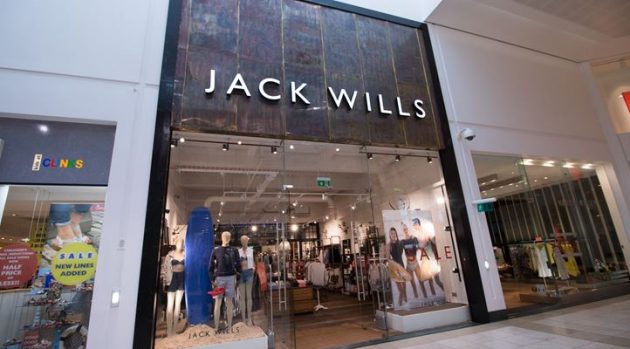Not in the pink anymore: Jack Wills collapse leaves creditors out of pocket

Jack Wills owed over £100m to creditors including HSBC and several councils when it collapsed into administration last month.
The preppy clothing brand was bought by Mike Ashley’s Sports Direct for £12.8m in August, faces leaving a slew of companies out of pocket.
Read more: Jack Wills stores at risk as Sports Direct kicks off landlord negotiations
Administrators KPMG said there would be a “significant shortfall” in the amount it could return to primary lender HSBC, which was owed £30.8m, with nothing left for other groups owed money.
The company pinned its downfall on a “challenging trading environment”, throwing the future of its 1,700 staff and 100 stores into doubt. Ashley won a race against retail rival Philip Day to buy the chain.
At the time of going into administration, Jack Wills owed around £100m to suppliers, landlords, councils and creditors.
Councils including Birmingham, Brighton & Hove, Bristol, Cambridge, City of Westminster and Ealing were collectively owed millions of pounds by the retailer, which is known for its distinctive pink and navy blue branding.
The acquisition added another brand to Ashley’s burgeoning business empire, which includes his core business Sports Direct, as well as Evans Cycles, Sofa.com, Game Digital and House of Fraser.
The billionaire boss has been on a buying spree lately with mixed results. Analysts raised concerns over the state of his companies’ governance in July, after Sports Direct repeatedly delayed the release of a trading update, eventually disclosing that it had been hit with a €674m (£611m) Belgian tax bill.
Read more: Opposition to Mike Ashley builds ahead of Sports Direct meeting
Jack Wills was founded by Peter Williams in 1998, opening its first store in Salcombe, a seaside town in Devon, the following year. After growing in the UK, it embarked on a plan of overseas expansion in 2007 after the fund Inflexion Private Equity Partners bought 27 per cent of the company.
KPMG said the company had experienced cash flow difficulties over the past year and a half that were “largely attributable to poor trading conditions on the high street”.